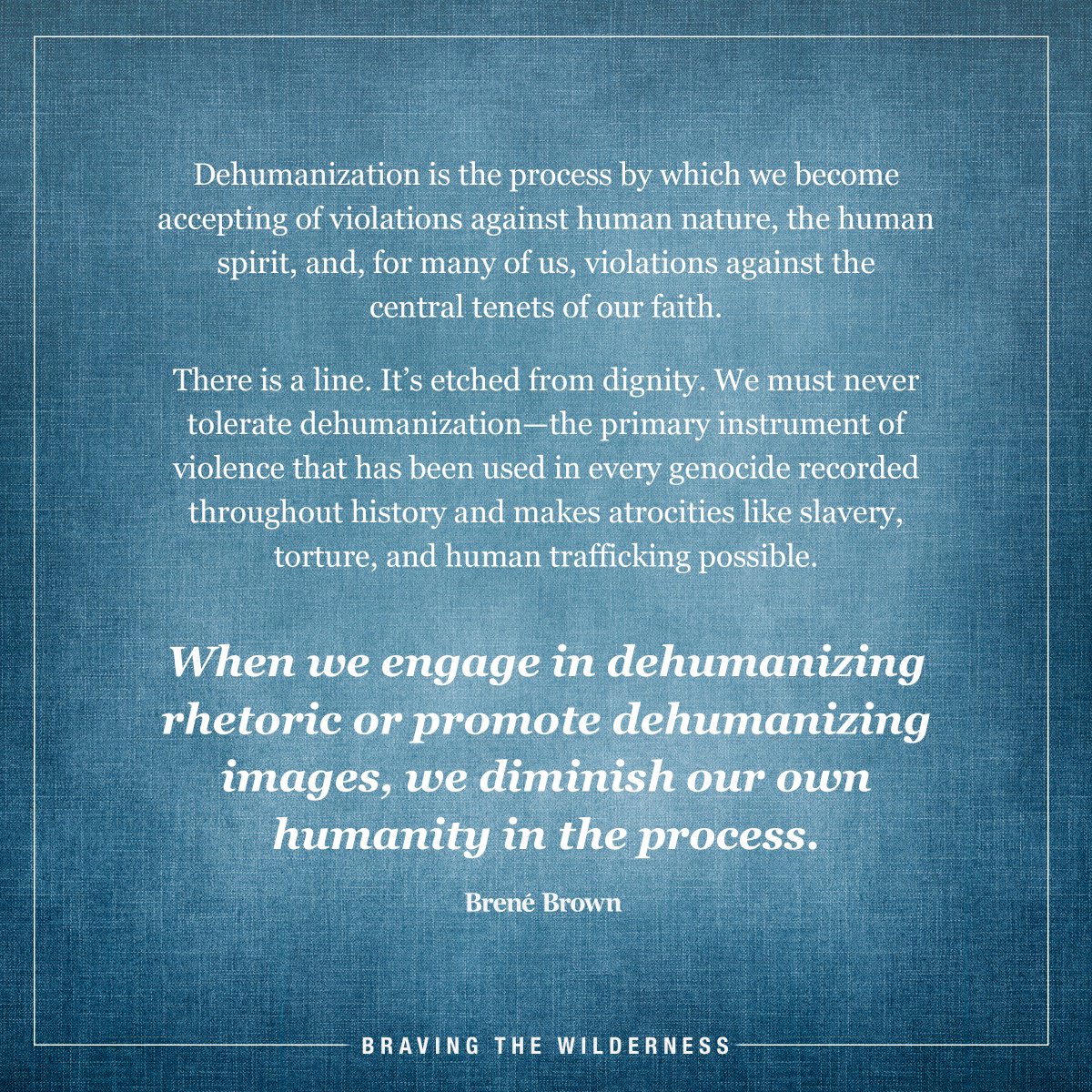World War II
APPRENTICE & JOURNEYMAN
Apprentice and Journeyman will be combined this time in terms of reading and inspirements. If you meet these requirements, you may attend both classes.
Objective: Become familiar with the causes, effects, and events of World War II, and study at least one aspect of the war in deeper detail.
Study/Learn
1. Read Story of the World vol 4 pages 286-291, and 299-323
2. Read A History of US, Volume 9, Chapters 26-44
3. Read How to Kill 11 Million People (This is a quick read. Should only take approx. 20 minutes)
3. Read How to Kill 11 Million People (This is a quick read. Should only take approx. 20 minutes)
4. Watch a documentary on WWII. Youtube, Netflix, or Prime. At least 1 1/2 hours.
5. OPTIONAL Mack has more Mr. Betts video.
WW2: Mr.betts WW2 parody
Know/Understand
Your mission is to become an expert on one aspect of World War II and create a dynamic, engaging, multimedia presentation on your topic to give to the class. You will have 5-10 minutes to captivate us and move us by what you have to say. Please sign up here on the google doc.
TIPS:
• For projects like this, it is important to explore different points of view surrounding your topic.
• Don't just give us dates and general information, but also share how your topic affected people on a personal level. What are the true underlying issues going on within your topic?
• Think about what teaching tools you can use to get your point across to others most effectively. Using simulations, video clips, photos, or individual stories helps to make your presentation memorable and helps us internalize the lessons from your talk.
• Tell us how you feel about your topic and make connections from your topic to anything going on today or if your topic has had far-reaching effects that continue today.
• Create a brief outline for what you have to say on a 3 x 5 card and practice until you feel comfortable speaking without having to read from a paper. Practice speaking in a way that will keep people interested and remember to be sensitive to your topic (ex: it is not appropriate to giggle through a presentation about the Holocaust).
TOPICS:
• Causes of World War II --
• Pearl Harbor--
• Propaganda Posters --
• Changing Womens' Roles
• Holocaust --
• Nazi Germany (Master Race, Hitler youth, the gestapo, book burning, etc.) --
• Japanese Internment Camps --
• Adolf Hitler --
• Winston Churchill --
• Weapons and battle strategies --
• Battle of Britain --
• D-Day --
• Battle of Midway --
• Battle of the Bulge
• Battle of Stalingrad and how the war affected Russia
• Homefront (what was it like for the common people at home?) in U.S. & Britain --
• Homefront (what was it like for the common people at home?) in Germany & Japan
• Nuremburg War Criminal Trials --
• Cryptology in WWII --
• Japanese concept of war & honor (kamikaze, harakiri, Bataan death march, Burma Railway, how did their concept of honor affect their treatment of POW's and the way they would fight and not surrender?)
• Atomic bomb --
• Iwo Jima --

